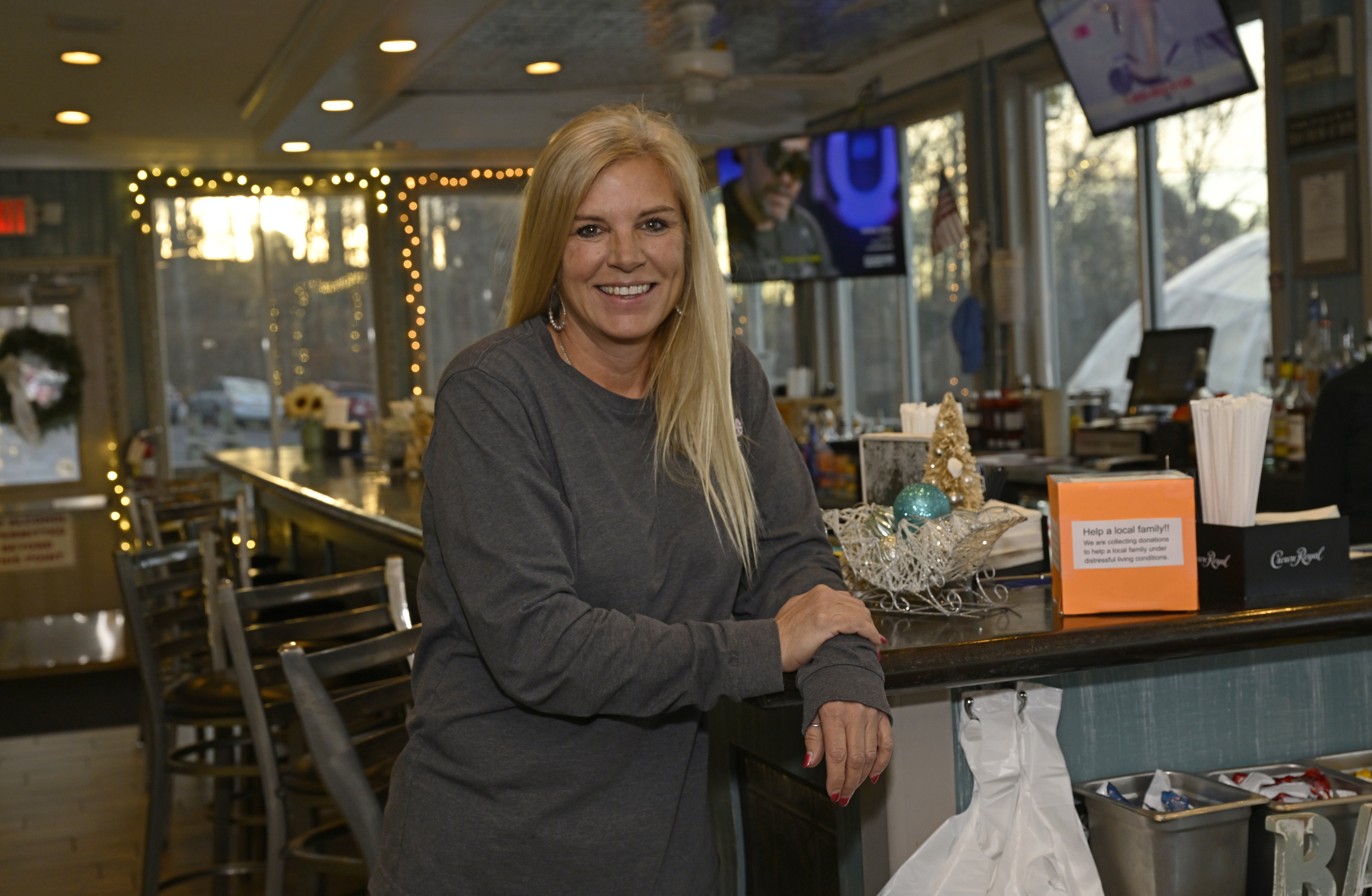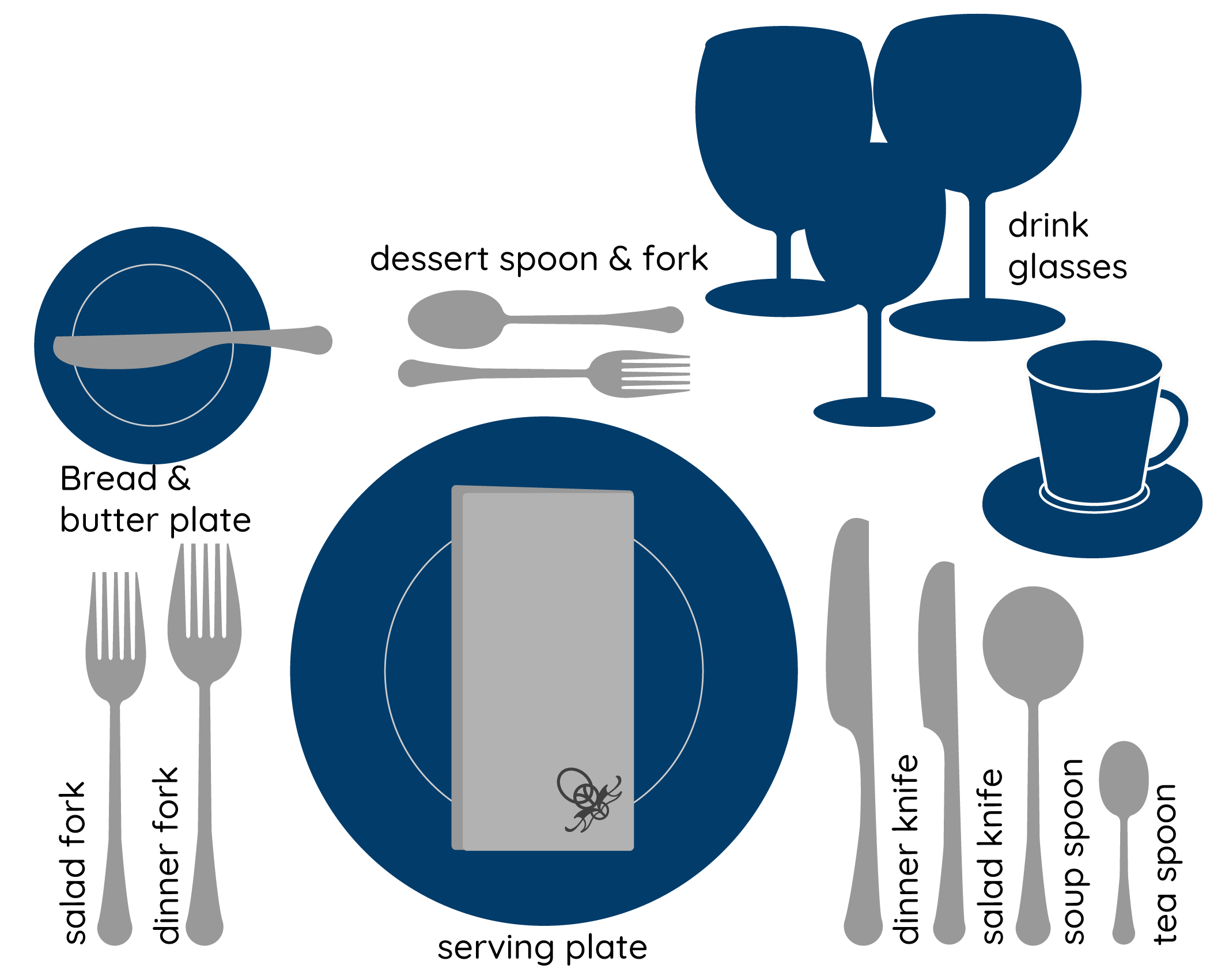
As we head into the colder fall and winter months, you may be thinking about flu season and that dreaded COVID. But you aren’t powerless! When it comes to strengthening our immunity, what we eat truly matters. Food is simple yet powerful.
Everything we take into our body either strengthens or weakens our immune system. We either absorb the nutrients our body thrives on, or we take in substances that our body must eliminate through a process called biotransformation of toxins (detoxification). Naturally, the fewer toxins we put into our body, the better. In fact, our body requires nutrients for detoxification, as well, so maintaining a balance is key to staying well.
Achieving this balance is actually quite easy—you just need to pay attention to what you’re eating and make purposeful, nutritious choices. Our lifestyles are too fast-paced to leave this to chance.
Eating foods rich in antioxidants not only builds up our immune system but also helps detoxify harmful substances. When we don’t detox, free radicals can accumulate and harm our body.
What Should We Eat?
Zinc-Rich Foods: Zinc is excellent for boosting immunity, and taking extra zinc when you feel a cold coming on is a good practice. Foods rich in zinc include pumpkin seeds, sesame seeds, sunflower seeds, chickpeas (hummus), eggs, lentils, shellfish, and dark chocolate.
Beta-Carotene-Rich Foods: Beta-carotene increases disease-fighting cells in the body. Look for vibrant yellow, orange, green, and red vegetables. The more intense the color, the better! Some great choices are carrots, spinach, tomatoes, sweet potatoes, broccoli, and leafy greens.
Vitamin C-Rich Foods: A powerful antioxidant that helps neutralize free radicals. Foods high in vitamin C include citrus fruits, broccoli, Brussels sprouts, potatoes, and berries, which are especially good for detoxification.
Vitamin E-Rich Foods: Another potent antioxidant, vitamin E is found in olive oil, almonds, avocados, mangoes, butternut squash, and salmon. While vegetable oils are also high in vitamin E, I don’t recommend them, as they can do more harm than good. Stick to olive oil!
Vitamin D-Rich Foods: Like zinc, vitamin D is known to boost immunity and support mucosal barrier function in the gut, which is critical for a strong immune system. Many people in Virginia, and farther north, tend to have low vitamin D levels due to reduced sunlight in the fall and winter. It’s a good idea to get your vitamin D levels checked, with functional medicine recommending a range of 60-80 ng/mL for optimal health. Magnesium is required for your body to properly absorb vitamin D, so you may need to supplement both together. Unfortunately, magnesium is often depleted in our soil, so the only way to get it naturally is through the produce we eat, provided the soil it’s grown in contains sufficient magnesium. Some foods high in vitamin D include egg yolks, mushrooms, salmon, and tuna (ensure it’s mercury-free). Certain foods, such as milk, orange juice, and cereal, are also fortified with vitamin D. However, I recommend limiting cereal intake, as it’s hard to find truly healthy options.
You can truly support your body’s health this fall and winter by eating the nutrients it needs for a strong immune system.
Even if you do catch a cold, your body will be better equipped to fight it off quickly and effectively. And who knows—maybe these new healthy eating habits will stick around for a lifetime!

Dawn is an AFMC (Applied Functional Medicine Certified) Practitioner (https://afmccertification.com/)
She resides in Virginia and enjoys spending time with her 4 grown children and 13 grandchildren. Personal health challenges started her on a journey that led her to this field of study and ultimately coaching other people in addressing their own health challenges. She applies the principles of Functional Medicine, finding the root cause of a disease dynamic, to her coaching, educating her clients and helping them make the lifestyle changes necessary for addressing issues such as autoimmune disease, insulin resistance, hormone imbalance, gut health, and infertility.
Dawn provides one-on-one coaching, coaching groups and classes.
Feel free to reach out with questions – [email protected]
Subscribe for Updates
Sponsors
latest articles
The Cove Holds Steady to ‘Lake Time’ Amidst Local Development Boom

Formally Setting Your Holiday Table

Beans or No Beans? Types of Chili & it’s Unexpected Origin

Fall Dock Projects: Jumpstart Your Next Fall Season

Nostalgia Inspired Holiday Decor

Family Selfies
As we head into the colder fall and winter months, you may be thinking about flu season and that dreaded COVID. But you aren’t powerless! When it comes to strengthening our immunity, what we eat truly matters. Food is simple yet powerful.
Everything we take into our body either strengthens or weakens our immune system. We either absorb the nutrients our body thrives on, or we take in substances that our body must eliminate through a process called biotransformation of toxins (detoxification). Naturally, the fewer toxins we put into our body, the better. In fact, our body requires nutrients for detoxification, as well, so maintaining a balance is key to staying well.
Achieving this balance is actually quite easy—you just need to pay attention to what you’re eating and make purposeful, nutritious choices. Our lifestyles are too fast-paced to leave this to chance.
Eating foods rich in antioxidants not only builds up our immune system but also helps detoxify harmful substances. When we don’t detox, free radicals can accumulate and harm our body.
What Should We Eat?
Zinc-Rich Foods: Zinc is excellent for boosting immunity, and taking extra zinc when you feel a cold coming on is a good practice. Foods rich in zinc include pumpkin seeds, sesame seeds, sunflower seeds, chickpeas (hummus), eggs, lentils, shellfish, and dark chocolate.
Beta-Carotene-Rich Foods: Beta-carotene increases disease-fighting cells in the body. Look for vibrant yellow, orange, green, and red vegetables. The more intense the color, the better! Some great choices are carrots, spinach, tomatoes, sweet potatoes, broccoli, and leafy greens.
Vitamin C-Rich Foods: A powerful antioxidant that helps neutralize free radicals. Foods high in vitamin C include citrus fruits, broccoli, Brussels sprouts, potatoes, and berries, which are especially good for detoxification.
Vitamin E-Rich Foods: Another potent antioxidant, vitamin E is found in olive oil, almonds, avocados, mangoes, butternut squash, and salmon. While vegetable oils are also high in vitamin E, I don’t recommend them, as they can do more harm than good. Stick to olive oil!
Vitamin D-Rich Foods: Like zinc, vitamin D is known to boost immunity and support mucosal barrier function in the gut, which is critical for a strong immune system. Many people in Virginia, and farther north, tend to have low vitamin D levels due to reduced sunlight in the fall and winter. It’s a good idea to get your vitamin D levels checked, with functional medicine recommending a range of 60-80 ng/mL for optimal health. Magnesium is required for your body to properly absorb vitamin D, so you may need to supplement both together. Unfortunately, magnesium is often depleted in our soil, so the only way to get it naturally is through the produce we eat, provided the soil it’s grown in contains sufficient magnesium. Some foods high in vitamin D include egg yolks, mushrooms, salmon, and tuna (ensure it’s mercury-free). Certain foods, such as milk, orange juice, and cereal, are also fortified with vitamin D. However, I recommend limiting cereal intake, as it’s hard to find truly healthy options.
You can truly support your body’s health this fall and winter by eating the nutrients it needs for a strong immune system.
Even if you do catch a cold, your body will be better equipped to fight it off quickly and effectively. And who knows—maybe these new healthy eating habits will stick around for a lifetime!

Dawn is an AFMC (Applied Functional Medicine Certified) Practitioner (https://afmccertification.com/)
She resides in Virginia and enjoys spending time with her 4 grown children and 13 grandchildren. Personal health challenges started her on a journey that led her to this field of study and ultimately coaching other people in addressing their own health challenges. She applies the principles of Functional Medicine, finding the root cause of a disease dynamic, to her coaching, educating her clients and helping them make the lifestyle changes necessary for addressing issues such as autoimmune disease, insulin resistance, hormone imbalance, gut health, and infertility.
Dawn provides one-on-one coaching, coaching groups and classes.
Feel free to reach out with questions – [email protected]
Subscribe for Updates
Sponsors
latest articles
The Cove Holds Steady to ‘Lake Time’ Amidst Local Development Boom

Formally Setting Your Holiday Table

Beans or No Beans? Types of Chili & it’s Unexpected Origin

Fall Dock Projects: Jumpstart Your Next Fall Season

Nostalgia Inspired Holiday Decor

Family Selfies

The Cove Holds Steady to ‘Lake Time’ Amidst Local Development Boom
Article By Jen Bailey







